New research reveals washing produce doesn’t remove all pesticides. These chemicals penetrate beyond the peel into the pulp.
The EPA reports over 1 billion pounds of pesticides used annually in the US. Are we unknowingly consuming a toxic cocktail?
Peeling Away the Problem: A Drastic Solution?
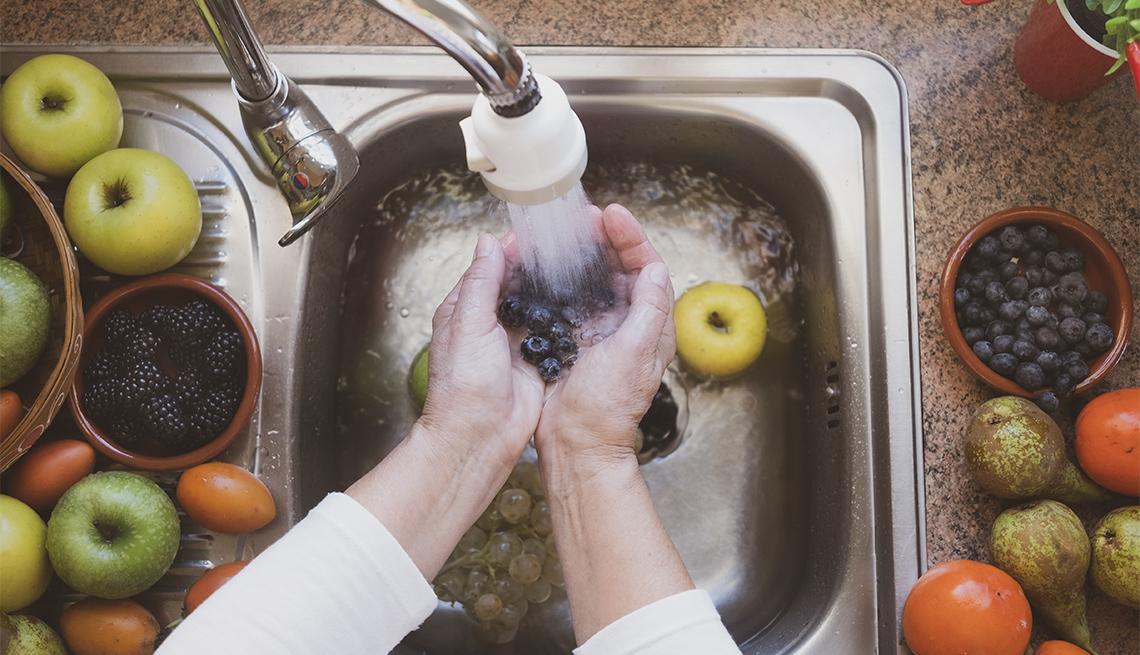
Experts suggest peeling fruits and vegetables to eliminate pesticides. This method removes nearly all residues.
However, peeling can reduce nutritional value by up to 33%. Is the trade-off between safety and nutrition worth it?
Fat-Soluble Foes: Why Water Alone Fails?

Pesticides on produce are fat-soluble, resisting water removal. Commercial operations already wash produce before distribution.
Yet, residues persist on store-bought items. Could our washing habits be giving us a false sense of security?
Chemical Cleansing: Alternative Washing Methods?
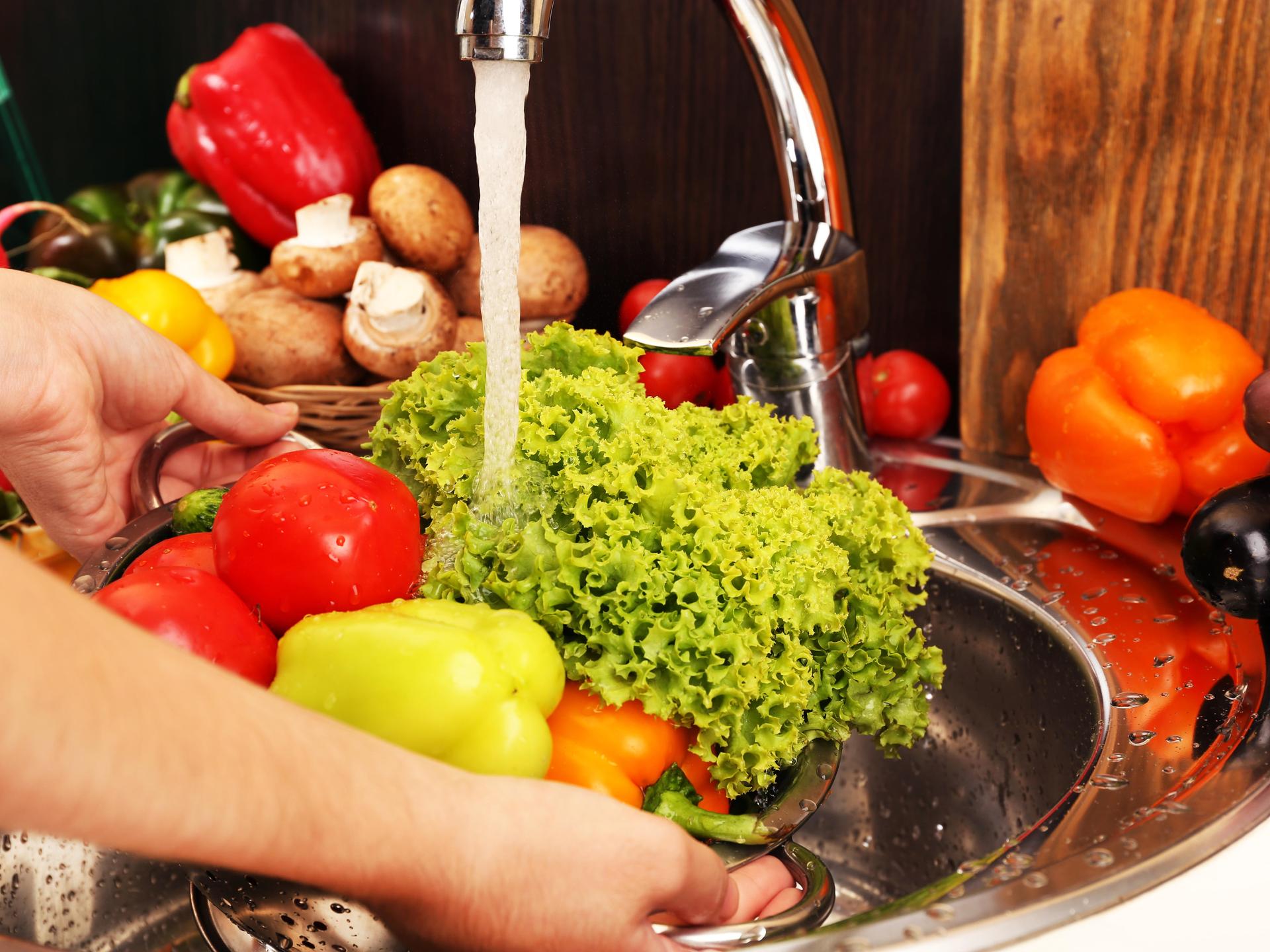
Scientists recommend soaking produce in salt, baking soda, or vinegar solutions. These methods help break down pesticide molecules.
A study found baking soda solutions remove up to 96% of residues. Are kitchen staples the key to safer produce?
Pickling and Fermenting: Nature’s Pesticide Removers?

Microorganisms in pickled and fermented foods decompose pesticides. This process turns harmful chemicals into harmless molecules.
Fermentation can reduce pesticide levels by up to 80%. Could traditional preservation methods be a modern health solution?
Long-Term Health Risks: What’s at Stake?
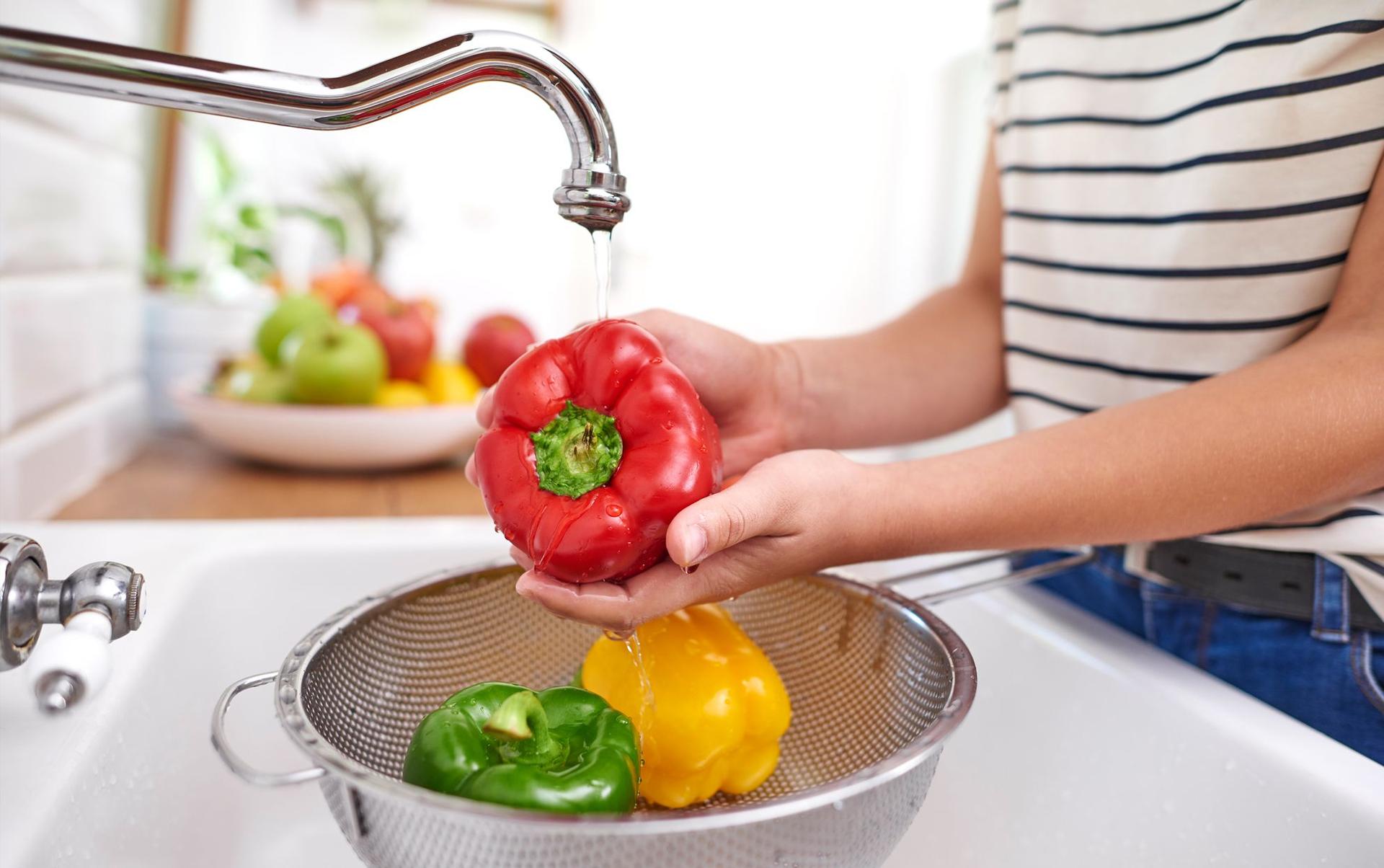
Prolonged pesticide consumption increases cancer risk by up to 70%. It can cause birth defects and fertility issues.
Neurodegenerative diseases are linked to pesticide exposure. Are we trading convenience for our long-term health?
Awareness Gap: Why Aren’t We More Concerned?

The issue of pesticide penetration isn’t new to researchers. Public awareness remains low despite scientific evidence.
Only 25% of consumers consistently wash their produce. How can we bridge this knowledge gap?
Organic Option: A Pesticide-Free Alternative?

Organic produce contains 48% less pesticide residue than conventional. However, it’s typically 47% more expensive.
Organic farming uses natural pest control methods. Is the higher cost justified by reduced health risks?
Regulatory Reality: Are Current Standards Enough?
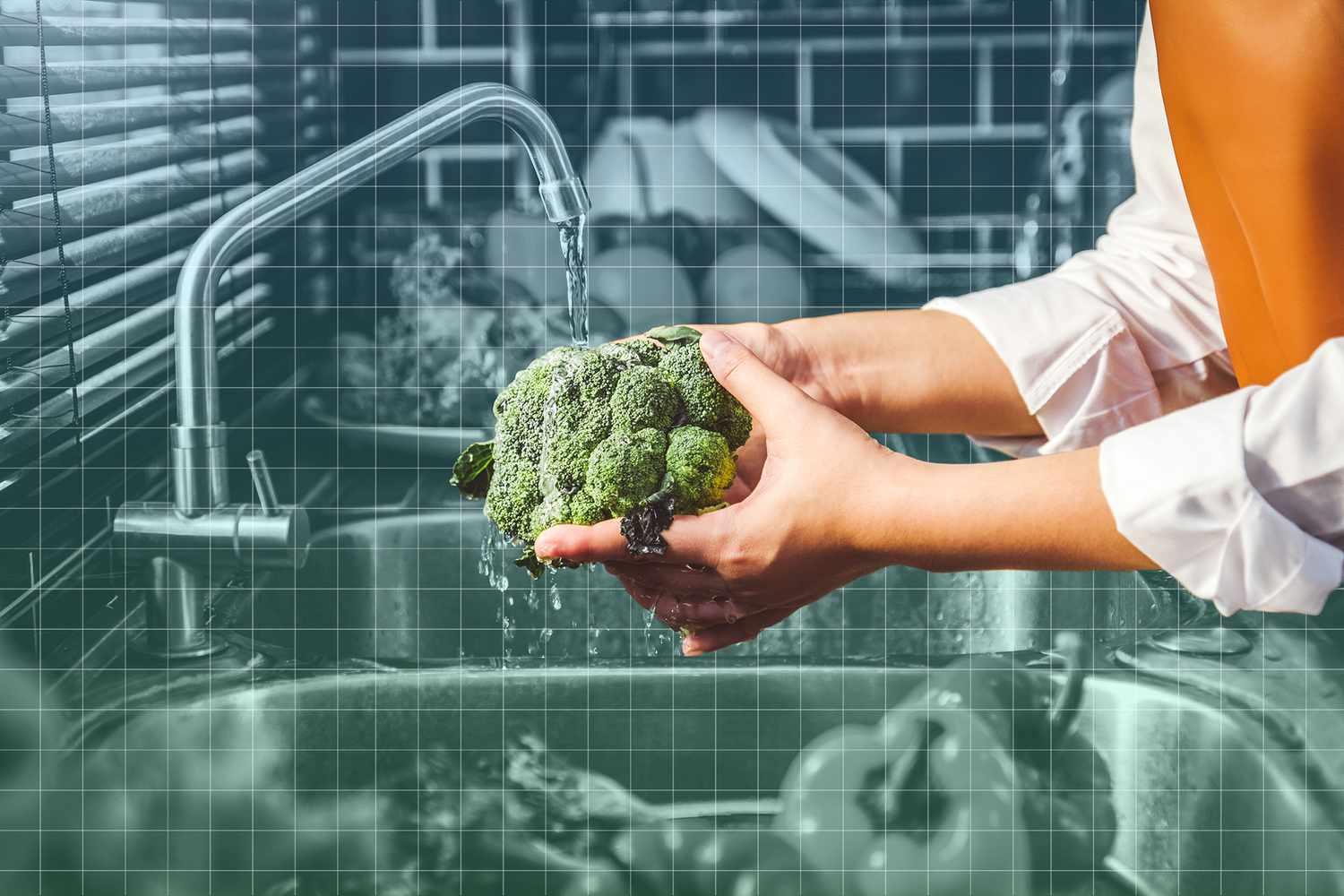
The FDA sets pesticide tolerance levels for produce. These levels are based on average consumption patterns.
Critics argue these standards don’t account for cumulative exposure. Should regulations be tightened to protect consumers?
Future of Food Safety: What’s Next?
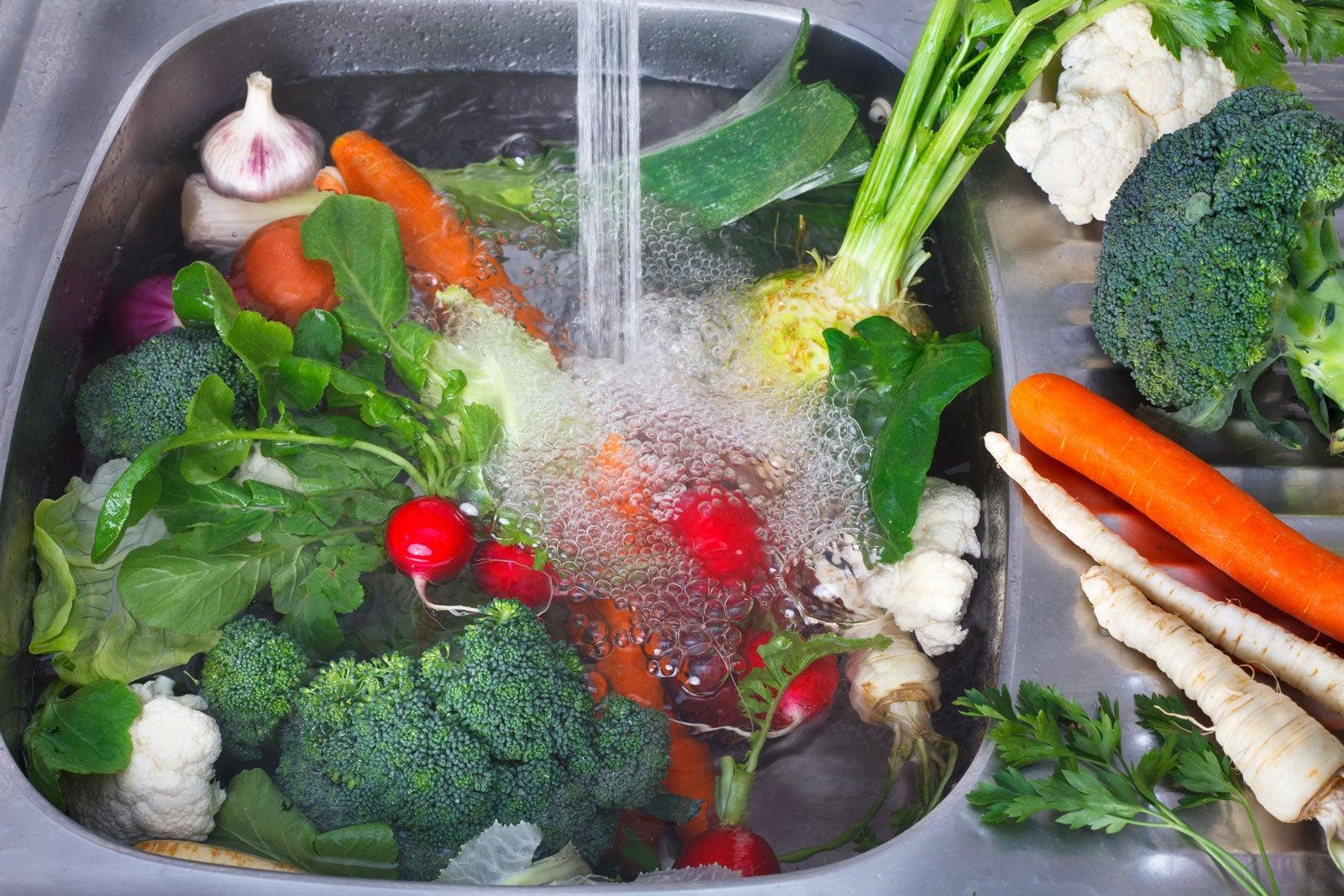
Research continues into more effective pesticide removal methods. Some scientists explore edible coatings to block pesticide absorption.
Others develop safer, biodegradable pesticides. Will technology solve our pesticide problem?


